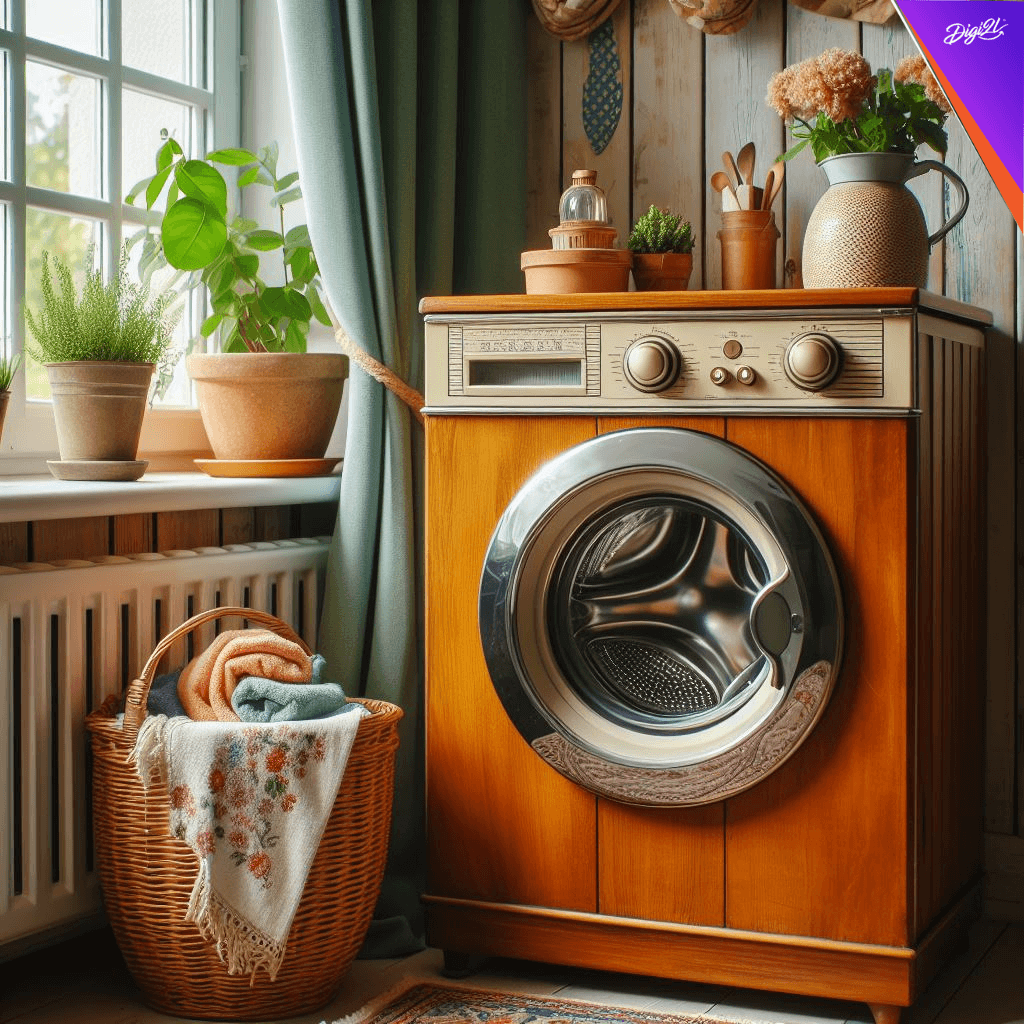
Please Wait ...

Please Wait ...
Enquiry






Curently We are Not Serviceable In this Pincode
91 Springboard, Business Hub, Godrej & Boyce, Gate No. 2, LBS Marg, Vikhroli West, Mumbai, 400079
91 Springboard, Business Hub, Godrej & Boyce, Gate No. 2, LBS Marg, Vikhroli West, Mumbai, 400079
91 Springboard, Business Hub, Godrej & Boyce, Gate No. 2, LBS Marg, Vikhroli West, Mumbai, 400079
91 Springboard, Business Hub, Godrej & Boyce, Gate No. 2, LBS Marg, Vikhroli West, Mumbai, 400079
91 Springboard, Business Hub, Godrej & Boyce, Gate No. 2, LBS Marg, Vikhroli West, Mumbai, 400079
91 Springboard, Business Hub, Godrej & Boyce, Gate No. 2, LBS Marg, Vikhroli West, Mumbai, 400079
91 Springboard, Business Hub, Godrej & Boyce, Gate No. 2, LBS Marg, Vikhroli West, Mumbai, 400079
91 Springboard, Business Hub, Godrej & Boyce, Gate No. 2, LBS Marg, Vikhroli West, Mumbai, 400079
91 Springboard, Business Hub, Godrej & Boyce, Gate No. 2, LBS Marg, Vikhroli West, Mumbai, 400079
Min
Max
₹5,000
₹45,000
Suggested Price







Blogs> Can You Plug a Refrigerator into an Extension Cord? Understanding the Risks and Best Practices

The refrigerator is an indispensable appliance in homes, providing efficient food storage and preservation. However, questions often arise regarding the safe powering of this essential device, particularly whether it’s advisable to plug it into an extension cord. While it may seem convenient, doing so poses significant risks due to the high power demands of refrigerators and the limitations of standard extension cords. Extension cords are not designed to handle the continuous heavy loads required by refrigerators, leading to potential hazards such as overheating, voltage drop, and circuit overloading. These issues can compromise both the performance and safety of the appliance, increasing the risk of damage or even fire hazards. Therefore, it’s essential to prioritize safety and follow specific guidelines to ensure the optimal functionality and safety of your refrigerator. One primary recommendation is to connect the refrigerator directly to a properly grounded outlet whenever possible. This provides a stable power supply and eliminates the risks associated with extension cords. If the refrigerator is far from an outlet, consider having a qualified electrician install a new outlet closer to the appliance to ensure proper wiring capable of handling its power requirements. In situations where using an extension cord is unavoidable, opting for a heavy-duty cord specifically designed for appliances is crucial. Ensure the cord has an adequate gauge and length to safely handle the refrigerator’s power load. Additionally, always follow the manufacturer’s guidelines for electrical connections, as they provide specific instructions and precautions for safe operation. Routine maintenance of the refrigerator is also essential to optimize its performance and reduce the risk of hazards. This includes tasks such as cleaning the coils and checking the door seals regularly. By prioritizing safety and adhering to these best practices, you can ensure both the functionality and safety of your domestic refrigerator for years to come, minimizing the risk of hazards associated with improper electrical connections.
The refrigerator is an essential appliance in every household, providing us with a convenient way to store and preserve food. However, when it comes to powering this appliance, it’s important to consider the best practices to ensure both functionality and safety. One common question that arises is whether it is safe to plug a refrigerator into an extension cord. In this blog, we will delve into the risks associated with this practice and offer guidelines for the proper use of extension cords with refrigerators.
Understanding the Risks:
While it may seem convenient to use an extension cord to power your refrigerator, it’s crucial to be aware of the potential risks involved. Refrigerators require a considerable amount of power to operate, and extension cords are typically not designed to handle such high electrical loads. Here are some risks associated with plugging a refrigerator into an extension cord:
Overheating: Extension cords may not have the capacity to handle the continuous power draw of a refrigerator. This can result in overheating of the cord, potentially causing damage or even leading to a fire hazard.
Voltage Drop: Extension cords can introduce voltage drop, especially if they are of insufficient gauge or too long. Voltage drop can affect the refrigerator’s performance and lifespan, leading to issues such as inefficient cooling or premature component failure.
Overloading the Circuit: Plugging multiple appliances into an extension cord, especially if they are power-hungry devices, can overload the circuit and pose a fire risk. Refrigerators typically require a dedicated circuit due to their power demands.
Best Practices for Refrigerator Power:
To ensure both the optimal performance and safety of your refrigerator, here are some best practices to follow:
Direct Outlet Connection: Whenever possible, plug your refrigerator directly into a properly grounded outlet. This eliminates the risks associated with extension cords and provides a stable power supply.
Adequate Wiring: If your refrigerator is far from an accessible outlet, consider having a qualified electrician install a new outlet closer to the appliance. This ensures the proper wiring is in place to handle the refrigerator’s power requirements.
Heavy-Duty Extension Cords: In situations where using an extension cord is unavoidable, choose a heavy-duty cord specifically designed for appliances. Ensure the cord has a suitable gauge and length, capable of handling the refrigerator’s power load.
Follow Manufacturer Guidelines: Always refer to the refrigerator manufacturer’s guidelines and recommendations regarding electrical connections. They will provide specific instructions and precautions to ensure the safe operation of your appliance.
Regular Maintenance: Perform routine maintenance on your refrigerator, such as cleaning the coils and checking the door seals. This helps optimize its performance and reduces the risk of overheating.
While it may be tempting to plug a refrigerator into an extension cord for convenience, it’s crucial to prioritize safety and follow best practices. Extension cords are generally not designed to handle the high-power demands of refrigerators and can pose fire hazards or cause appliance malfunctions. Whenever possible, connect your refrigerator directly to a properly grounded outlet or consider having an electrician install a new outlet closer to the appliance. By adhering to these guidelines, you can ensure both the functionality and safety of your domestic refrigerator for years to come.
Image by Freepik

By Digi2L - April 27, 2024

By Digi2L - April 26, 2024

By Digi2L - April 25, 2024